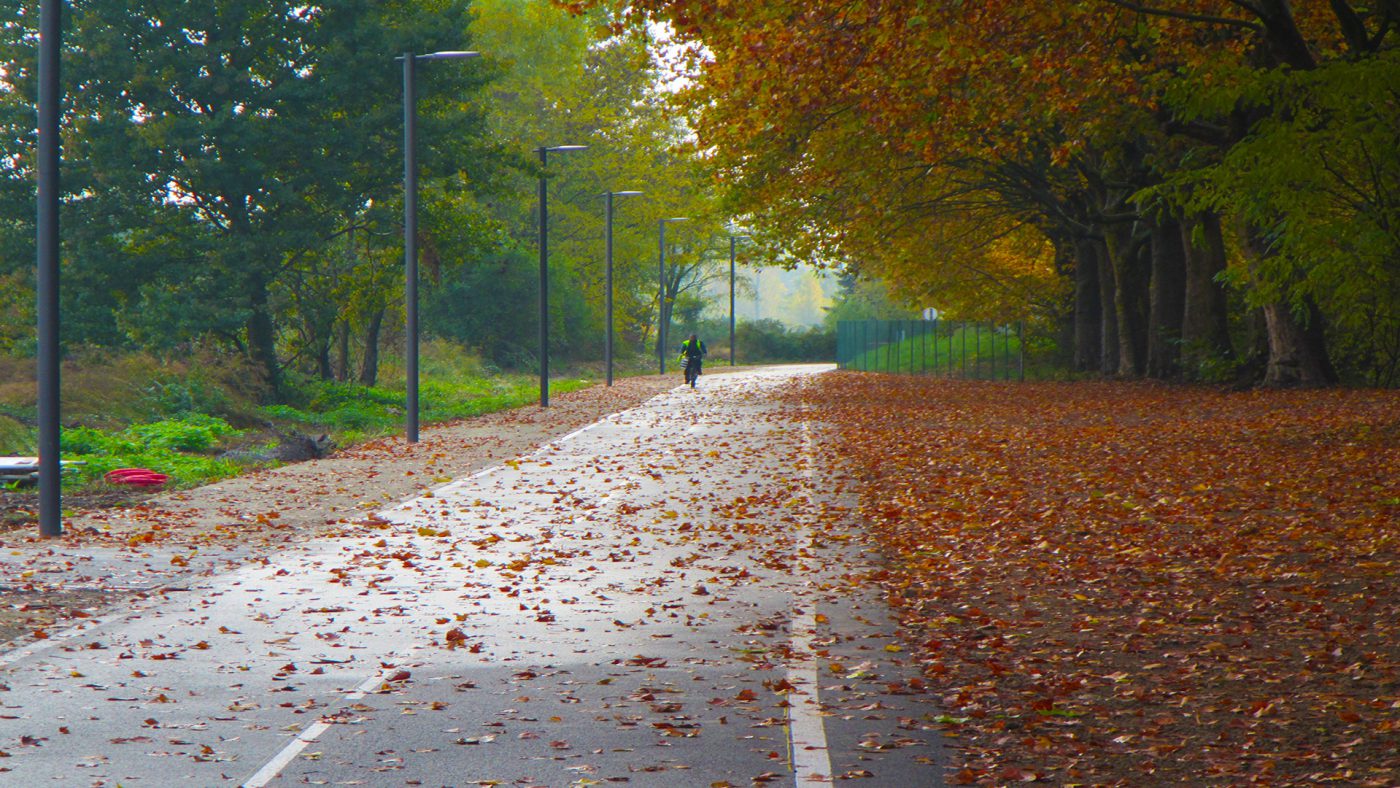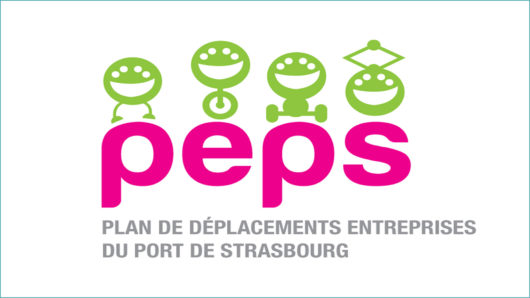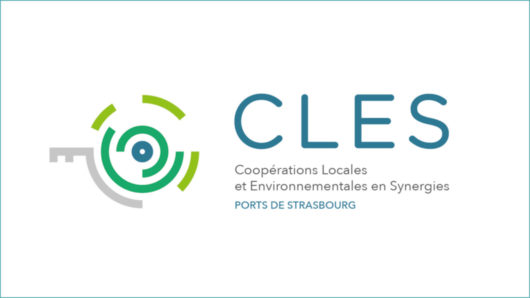Developing industrial ecology in the port area – ‘CLES’
In 2013, the PAS was a driving force behind the initiative for a territorial industrial ecology approach that is now being carried out in partnership with the City of Strasbourg of Strasbourg, the Grand Est administrative region, the ADEME energy agency, the grouping of the port’s users (GUP), and 25 companies operating in the port area. Click here for more information.
The PAS continues to be committed to this; it is also working on heat pooling in partnership with Réseaux Chaleur Urbains Alsace (RCUA). Studies are currently being carried out on the feasibility of setting up inter-industry heat networks and the possibility of extending them towards built-up areas.


